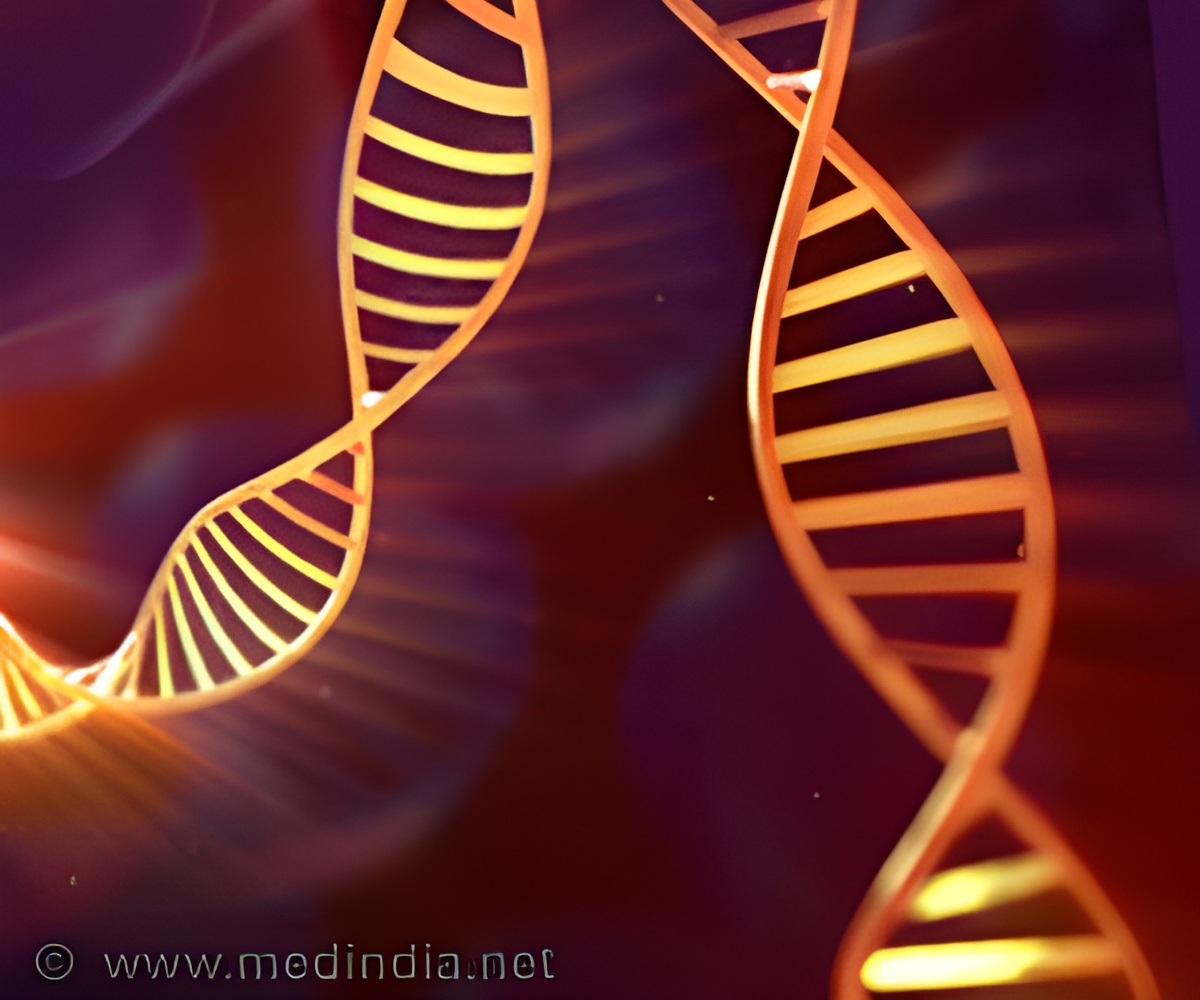Schizophrenia is present in approximately 1% of the population and is a highly heritable disease.

Initially, they studied common gene variants that, individually, only increase the risk for schizophrenia by a few percent, perhaps increasing the likelihood of developing schizophrenia from a 10 out of a 1000 chance to an 11 or 12 out of a 1000 chance.
More recently, research has identified gene variants that are rare in the population but, when present, more substantially increase the risk for developing schizophrenia. For example, in the current issue of Biological Psychiatry, a large collaborating group of international scientists, led by Dr. Jennifer Mulle, an Assistant Professor at Emory, report a 1.4 megabase duplication on chromosome 7 (7q11.23) that increases the risk for schizophrenia over 10 times, i.e., to 100 out of a 1000 chance (10%).
"We also found it interesting that three different disorders (schizophrenia, autism, and intellectual development) that strike at different times and present in different ways, have genetic links to this same region on chromosome 7," commented Mulle. "Our findings support the notion of a neuro-developmental link between these disorders."
In this same issue, Dr. George Kirov at Cardiff University and colleagues scanned the genome for copy number gene variants, i.e., where abnormal numbers of gene copies exist. They studied 70 of these variants, all previously implicated in schizophrenia and/or early-onset developmental disorders, such as developmental delay, intellectual deficit and autism spectrum disorders (DD/ID/ASD). They then compared the risk for carriers of these variants to develop one or more of these disorders, i.e. their genetic penetrance.
"The result might be unexpected for many: the penetrance for schizophrenia is several times lower than for the group of DD/ID/ASD. The total penetrance for any of these disorders is quite high, ranging from 10% for duplications at 16p13.11 to nearly 100% for the velocardiofacial syndrome region on chromosome 22. These findings will have implications for genetic counselling of carriers," said Kirov.
Advertisement
In addition, scientists do not yet understand why the genetics of schizophrenia is not tightly aligned with the symptoms of schizophrenia. In other words, gene variants that increase the risk for schizophrenia increase the risk for other disorders, such as developmental delay, autism, and bipolar disorder.
Advertisement
Source-Eurekalert











